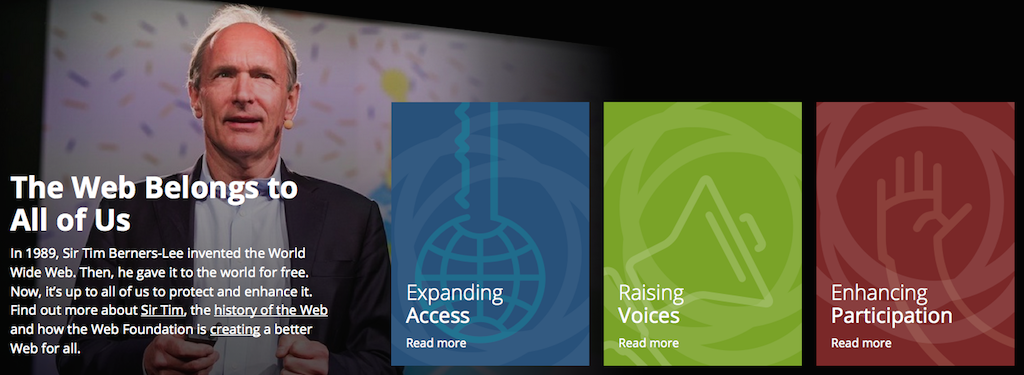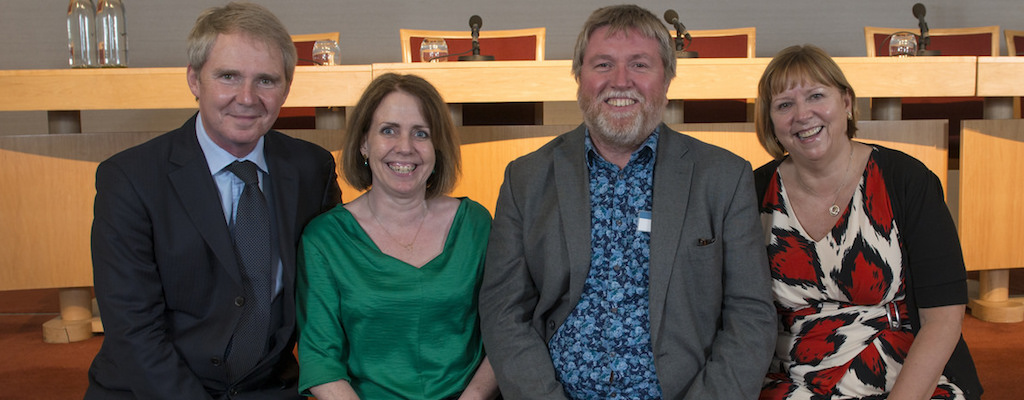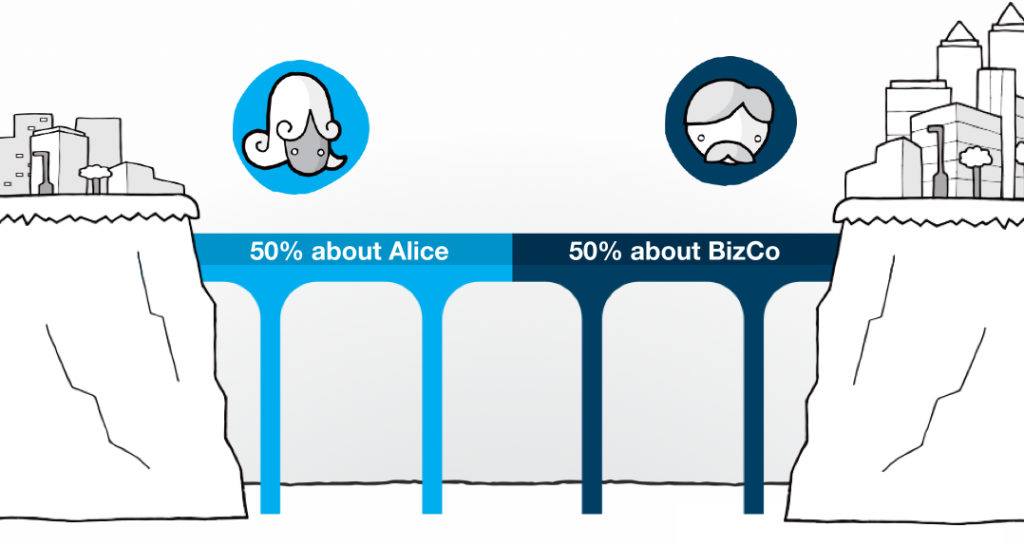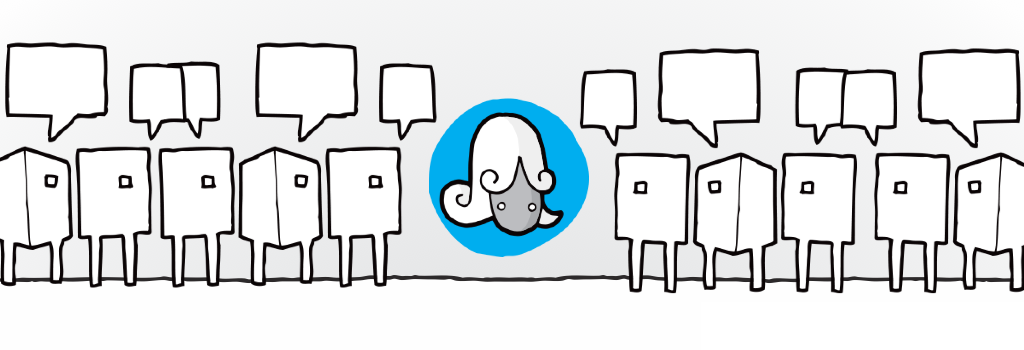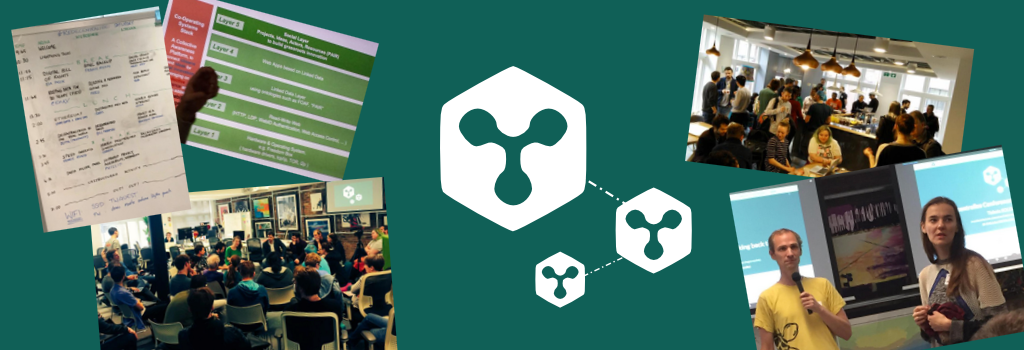
The Redecentralize conference at the London office of ThoughtWorks this past weekend was framed as:
Taking back the net. A weekend to learn, connect and make technology that shapes society.
I can’t imagine for one moment that your weekend was more enjoyable! 🙂
This post doesn’t attempt to cover the full depth and breadth of the presentations and conversations, but rather offers up my view on our common purpose and a way forward in light of these.
Why decentralize?
As and when a company can centralize the action it can achieve economies of scale and make corresponding investments that benefit it and its customers. Right? In terms of those benefits, your online world may be dominated by just a handful of companies – the likes of Amazon, Apple, Facebook, Google, Microsoft, and Yahoo for example – and you may not be thinking of leaving their orbit because, well, it just works fine thank you very much.
There is however irrefutable evidence that if we all coalesce around the services of just a few companies then we all lose something rather precious. It’s a bit like a tragedy of the commons in so much as everyone makes an independent rational choice but the collective suffers. When that phrase was coined it referred specifically to unregulated grazing on common land, and its use has expanded to include all unregulated resources especially those in the natural world. And it’s this natural world that tells us that centralization of the Internet and related services doesn’t bode well.
Continue reading
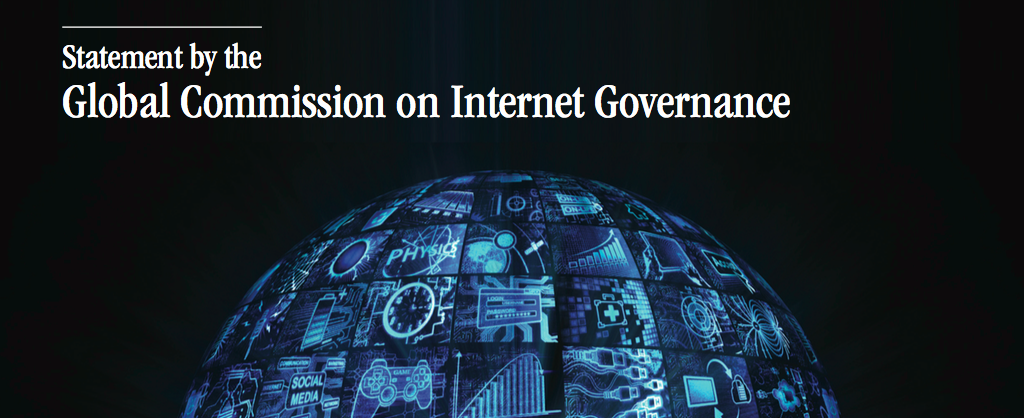 The Global Commission on Internet Governance (ourinternet.org)
The Global Commission on Internet Governance (ourinternet.org)
